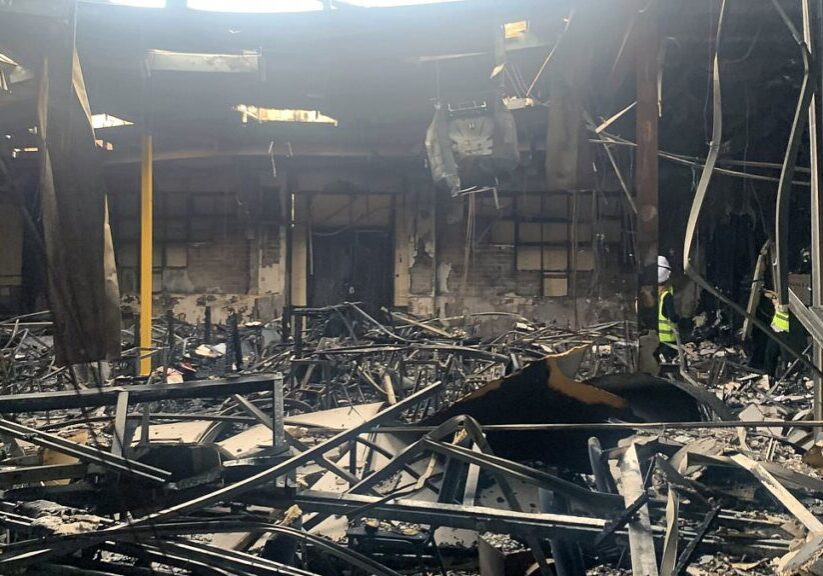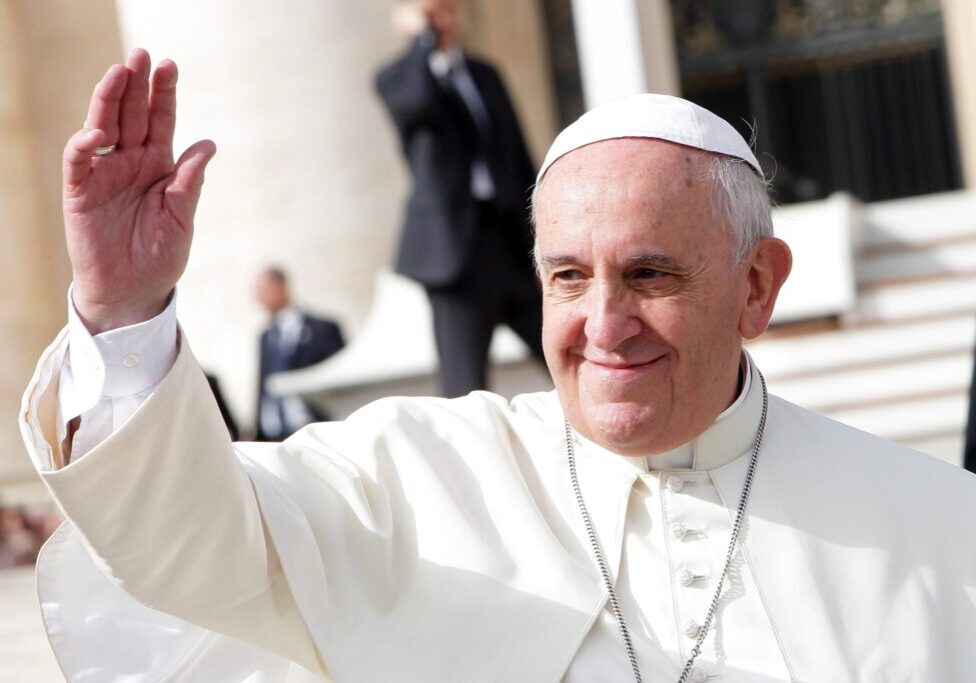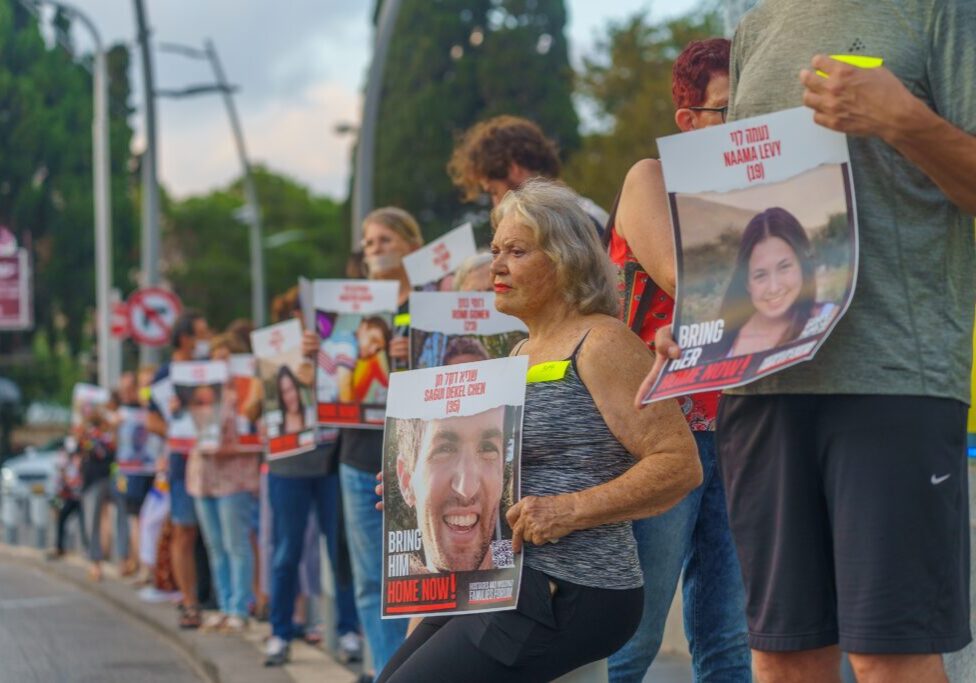Australia/Israel Review
The Last Word: The Culture of Dialogue
Dec 18, 2013 | Jeremy Jones

Jeremy Jones
It is not an everyday occurrence to see senior Saudi Arabian government officials speak alongside rabbis based in Israel, prominent Buddhist figures and Indian swamis.
But, for the second year in succession, the King Abdullah Bin Abdulaziz International Centre for Interreligious and Intercultural Dialogue (KAICIID) managed to attract a diverse, energetic and motivated group of scholars, religious leaders and civil society activists to Vienna for two days of interactions and engagement.
The topic this November was “The Image of the Other”, with the conference declaring its ambitious aim to be “to help replace subjective interreligious or intercultural misconceptions and stereotyping with more objective, appropriate and respectful ways of thinking about and depicting followers of other religions and cultures”.
Unlike the International Catholic-Jewish Liaison Committee (ILC), which brings together representatives of international bodies formally selected to maximise the impact of outcomes on Jews and Catholics, KAICIID has invitees rather than delegates.
While the ILC, which met in Madrid in October, sought to produce joint commitments and policies (I participated in the working group on countering antisemitism), KAICIID was an opportunity to explore possibilities, build networks and initiate and cement cooperation and friendship.
In addition to discussing prospects for ongoing dialogue with Hindus, Muslims, Buddhists and Christians, I recorded an interview for Saudi Arabian radio and was also filmed explaining Jewish life in Australia to a Sheikh, a Hindu scholar and curious Asian and African on-lookers.
There were a number of Jewish people present, from at least five continents, and the prospect of interfaith interaction attracted each of us.
This was in stark contrast to the inaugural World Culture Forum, a quite remarkable event many years in the planning, which took place in Bali, Indonesia, days after KAICIID.
Indonesia led and staged an elaborate, innovative gathering of government ministers, diplomats, cultural experts and educators from all points on the globe, to highlight the role of culture in the quality of life of all peoples.
Devoted to understanding the nexus of cultural heritage and contemporary cultural expression in sustainable development, the event featured moments of intellectual inspiration (such as the opening address by Nobel Prize Laureate Amartya Sen), incredible artistic performances and a consistently high level of presentations.
My designated role was as a speaker on the subject of interfaith dialogue as an element for social cohesion and sustainable development, a topic forcefully promoted by Indonesian President Susilo Bambang Yudhoyono.
The panel on this topic included world luminaries such as Professor Azyumardi Azra and Sharif Istvan Horthy, as well as presenters with special expertise on particular aspects of the relationship between religion and culture.
In question time, it became apparent that there was a great deal of interest in the subject, as well as enthusiasm to engage in discussion on it.
As the only identifiably Jewish participant in the Forum, I encountered a huge amount of interest in Judaism, Jewish history and in my views of the future of Israel and the wider Middle East.
I was confronted with stereotypes but not with antagonism, with curiosity driven by a desire to learn rather than any attempt to highlight “otherness”.
Some speakers lauded what they saw as Jewish commitment to education and an admirable maintenance of cultural identity in times of powerlessness and persecution, and many participants told me privately of their admiration of Israel and their respect for Jewish people and Judaism.
On my final nights in Bali, I lit candles for Chanukah in the main lobby of the conference venue.
In the spirit of the World Culture Forum (WCF), the reactions were of respect and, as soon as appropriate, vigorous discussion of the tradition and wider questions on Judaism.
If early indications are a guide, the decision to invite a Jewish Australian to outline the progress and value of interfaith dialogue facilitated just such dialogue, involving people who may well have been hostile towards, cynical of or simply unengaged in such activity.
For that, and for their vision in creating the WCF, we owe gratitude to President SBY and his advisory team.
Tags: Indonesia, Interfaith Dialogue





